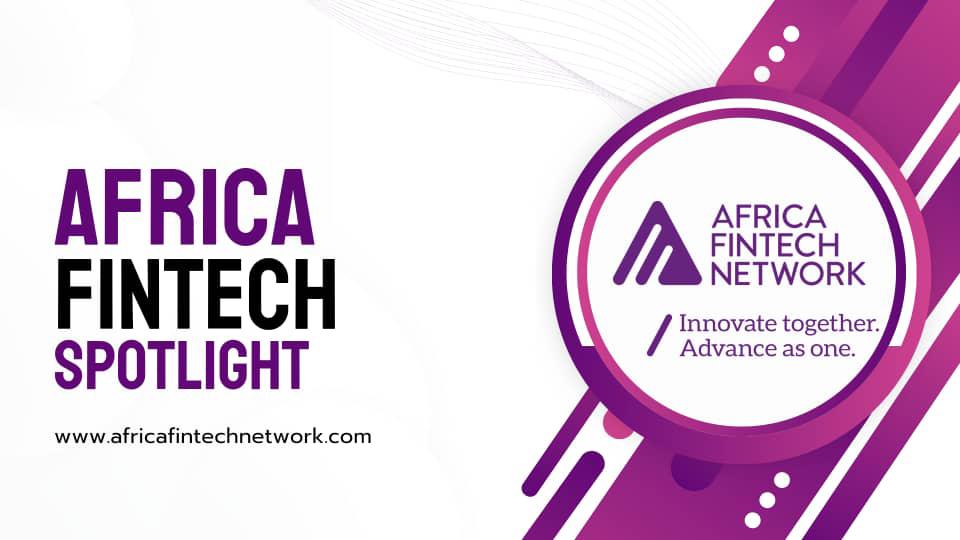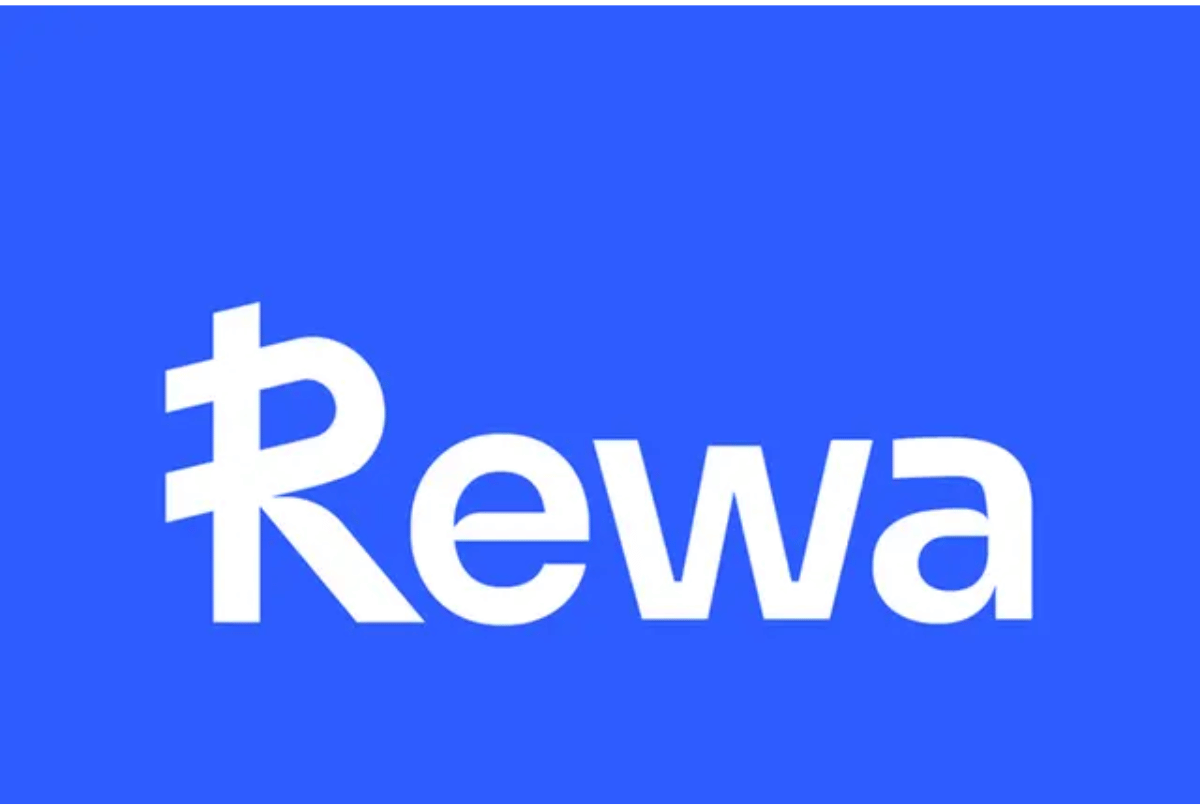
Africa Fintech Spotlight
Nigeria launches Next-Gen Instant Payment Platform
The Nigeria Inter-Bank Settlement System (NIBSS) has launched the National Payment Stack (NPS), a next-generation digital payment infrastructure built to comply with ISO 20022, the global messaging standard for secure and data-rich financial transactions.
The unveiling, which took place on Tuesday in Lagos, was hailed by stakeholders as a significant leap forward for financial interoperability and inclusion across Nigeria and Africa.
Speaking with journalists at the launch, NIBSS Managing Director and CEO, Premier Oiwoh, stated that the new system is designed to provide fast, secure, and inclusive payment experiences for individuals, businesses, and institutions, both domestically and internationally.
Kenya extends real-time bank transfer hours, inching towards 24/7 goal
Kenya has begun modernising its financial infrastructure by extending the operating hours for its Real-Time Gross Settlement (RTGS) system, the Kenya Electronic Payment and Settlement System (KEPSS). Starting July 1, 2025, KEPSS will operate from 7 AM to 7 PM on business days, up from the current 8:30 AM to 4:30 PM schedule.
KEPSS is Kenya’s version of what many countries call an RTGS system, a central infrastructure bank use to securely transfer real-time high-value payments.
The time extension signals a shift in how the country approaches large-value, time-sensitive digital transactions, as it opens the door for further reforms that could make Kenya’s financial sector more competitive, inclusive, and less dependent on dominant private fintech platforms.
Read more: https://techcabal.com/2025/06/18/kenya-extends-real-time-bank-transfer-hours/
Ghana’s Liquify unlocks faster payments for SME exporters
A Ghanaian fintech startup is unlocking trapped revenue for African SME exporters by helping them access cash from unpaid invoices in hours, not weeks.
Liquify, founded in 2023 by Nadya Yaremenko and Alberta Asafo-Asamoah, is building a digital invoice finance platform designed to solve a key pain point in Africa’s export sector — delayed payments that often stretch between 30 and 90 days. For small and medium-sized businesses, this waiting period can stall growth, limit production, or even lead to business failure.
With Liquify, exporters upload verified export invoices to a fully digital platform that uses AI to conduct KYC, anti-money laundering, and credit checks — and then connects them to global financiers ready to fund those invoices. The result? Instant liquidity for SMEs and a new asset class for impact-driven investors.
Read more: https://smallbusinessinsights.ng/ghanas-liquify-unlocks-faster-payments-for-sme-exporters/
Microsoft, Tarana partner to expand broadband access in Africa
Microsoft and Tarana have announced a collaboration to expand Internet access in rural and underserved communities across Africa.
Tarana is the creator of next generation fixed wireless access (ngFWA) technology and its tech will be deployed via Microsoft’s Airband Initiative to provide African communities with more affordable broadband options.
Access to secure, affordable telecom equipment remains a key barrier to Internet connectivity in Africa.
Silverflow and xpate collaborate to streamline global payments
Payments provider xpate has entered an alliance with Silverflow, a payment processing platform, to enhance its acquiring services and bolster real-time payment capabilities.
This tie-up is said to be a “major milestone” in xpate’s efforts to streamline global payments and reduce the friction in accessing funds.
As a payment provider designed for fintechs and digital enterprises, xpate integrates card payments, foreign exchange, and banking services into a single account, offering businesses straightforward access to essential financial tools.
Read more: https://finance.yahoo.com/news/silverflow-xpate-collaborate-streamline-global-145619968.html
Council agrees its position on a more modern payment service framework in the EU
Today, member states’ representatives (Coreper) approved the Council’s stance on improving the payment services environment in the EU. The upgrade aims to reduce payment fraud, promote technological innovation, better protect consumers and increase transparency on fees.
Once agreed by the co-legislators (the Council and the European Parliament), the proposals will create a new payment services regulation and will amend the existing payment services directive (PSD2) to create a more modern framework in this field.
Tackling payment fraud, increasing consumer protection and transparency
The proposals aim to put in place a comprehensive anti-fraud framework. This could help tackle increasingly common new forms of payment scams, such as so-called ‘spoofing fraud’, which happens when a fraudster pretends to be a customer’s payment service provider to gain trust and trick the user into carrying out financial actions.




